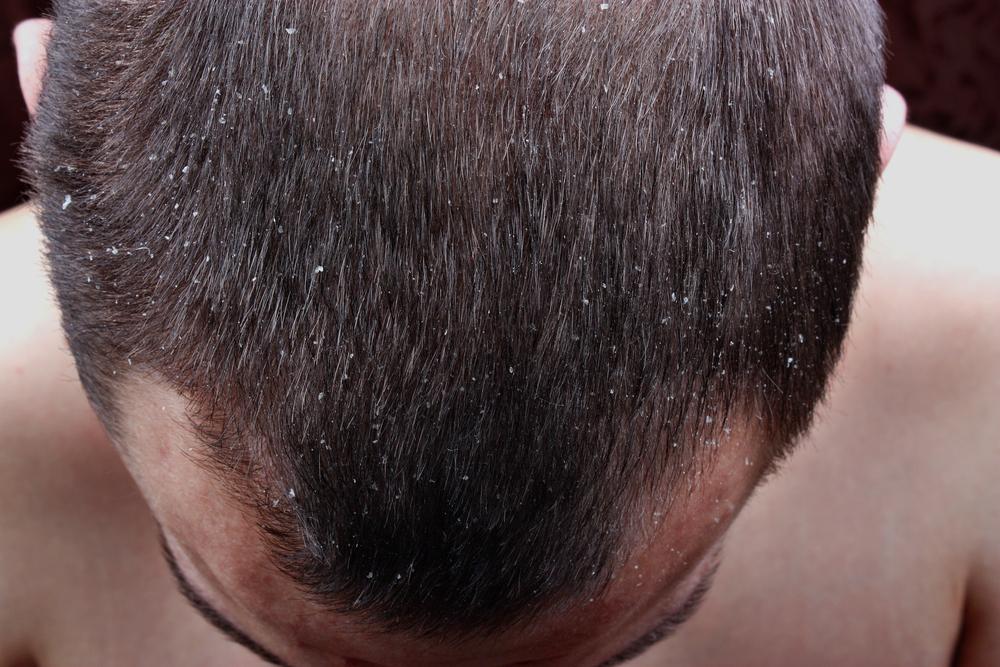Comprehensive Guide to Scalp Psoriasis: Causes, Symptoms, and Effective Treatments
Scalp psoriasis is a common, chronic inflammatory skin disorder affecting many adults. This comprehensive guide covers its causes, symptoms, diagnosis, and effective treatment options, including topical therapies, phototherapy, systemic medications, and scalp care. Proper management can effectively control symptoms, reduce flare-ups, and improve quality of life. Early diagnosis and tailored treatment plans are key for long-term relief, making scalp psoriasis a manageable condition with the right medical approach.

Scalp psoriasis is a persistent and often challenging skin condition that manifests as red, scaly patches on the scalp. It affects approximately 2.2% of adults worldwide, making it a common dermatological issue. Characterized by an inflammatory response, scalp psoriasis results from a complex interplay of genetic predispositions and environmental triggers. Understanding its causes, symptoms, and the most effective treatment options is crucial for managing this chronic condition.
What Is Scalp Psoriasis?
Scalp psoriasis is a form of psoriasis, a chronic autoimmune disorder where the immune system mistakenly attacks healthy skin cells. This leads to an increased rate of skin cell production, resulting in thickened, scaly patches on the affected area. While other types of psoriasis can appear elsewhere on the body, scalp psoriasis primarily affects the scalp, leading to discomfort, itching, and visible skin changes.
Causes of Scalp Psoriasis
The genesis of scalp psoriasis involves a combination of genetic factors and environmental influences. Specific genes related to immune regulation increase susceptibility, creating a predisposed environment for the condition. When these genetic factors are activated by triggers such as stress, infections, skin injuries, or harsh hair treatments, the immune system triggers an inflammatory response that results in the typical symptoms of psoriasis. Additionally, lifestyle factors such as smoking, obesity, and certain medications can exacerbate the condition.
Symptoms and Signs
The hallmark signs of scalp psoriasis include well-defined, red patches covered with silvery-white scales. These patches can cause significant itching, burning, and soreness, often leading to discomfort and self-consciousness. In some cases, the patches extend beyond the scalp, affecting the forehead, behind the ears, or the neck. Although scalp psoriasis does not inherently cause hair loss, relentless scratching or vigorous treatment may lead to temporary thinning or hair breakage. It is also common for secondary infections to develop if scratching opens the skin, complicating the condition further.
Diagnosing Scalp Psoriasis
Diagnosis typically involves a clinical examination by a dermatologist, who assesses the scalp's appearance and history. In ambiguous cases, a skin biopsy may be performed to distinguish psoriasis from other scalp conditions such as seborrheic dermatitis, eczema, or fungal infections. Accurate diagnosis ensures appropriate treatment and helps to prevent unnecessary or ineffective therapies.
Effective Treatment Strategies for Scalp Psoriasis
Managing scalp psoriasis requires a multifaceted approach that combines topical therapies, systemic medications, lifestyle modifications, and proper scalp care routines.
Topical Treatments
**Medicated Shampoos:** Shampoos containing coal tar, salicylic acid, or ketoconazole help reduce scaling, soothe the scalp, and manage dandruff. Regular use is fundamental for controlling mild to moderate cases.
**Topical Corticosteroids:** These anti-inflammatory agents diminish redness, swelling, and itching. They come in various strengths and formulations, including creams, ointments, and foams tailored for scalp application.
**Vitamin D Analogues:** Calcipotriol and calcitriol inhibit skin cell proliferation, providing relief for persistent patches when used consistently.
**Coal Tar Preparations:** Known for their anti-inflammatory and anti-pruritic properties, coal tar shampoos can be effective but may stain hair and cause odor, which some patients dislike.
Phototherapy and Systemic Medications
**Phototherapy:** Ultraviolet (UV) light therapy can be beneficial for extensive scalp involvement, helping to reduce inflammation and scales. This treatment requires specialized equipment and supervision.
**Systemic Medications:** For severe or widespread scalp psoriasis, healthcare providers may prescribe oral or injectable medications such as biologics, methotrexate, or cyclosporine. These drugs modulate immune responses and are used under strict medical supervision due to potential side effects.
Lifestyle and Scalp Care Tips
**Gentle Hair Care:** Use mild, fragrance-free shampoos and avoid harsh chemical treatments that can irritate the scalp.
**Moisturization:** Regularly conditioning and moisturizing the scalp can reduce dryness and itching.
**Avoid Triggers:** Minimize stress, maintain a healthy weight, and avoid smoking to reduce flare-ups.
**Proper Grooming:** Avoid vigorous scratching or aggressive hair styling, which can worsen skin lesions and impede healing.
When to Seek Medical Advice
If scalp psoriasis symptoms worsen despite over-the-counter treatments, or if the condition interferes with daily activities or causes significant discomfort, consulting a dermatologist is essential. Persistent or severe cases may require combination therapies and ongoing management plans tailored to individual needs.
Conclusion
Scalp psoriasis is a manageable chronic condition when approached with appropriate therapies and proper scalp care. Recognizing symptoms early and seeking professional advice can prevent complications and improve quality of life. Advances in medical treatments continue to offer hope for effective long-term management, making it possible for affected individuals to control flare-ups and maintain healthy, comfortable scalps.





